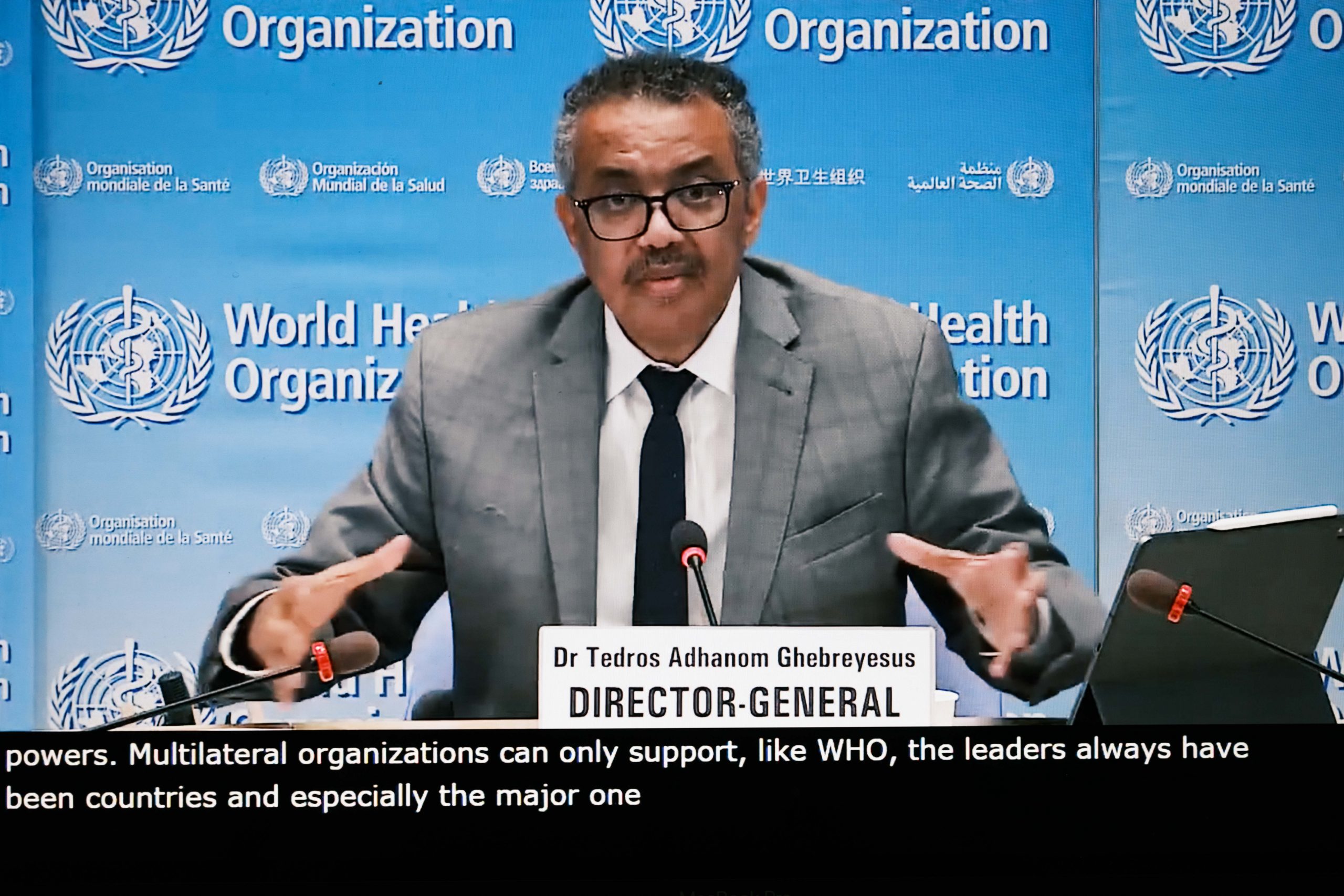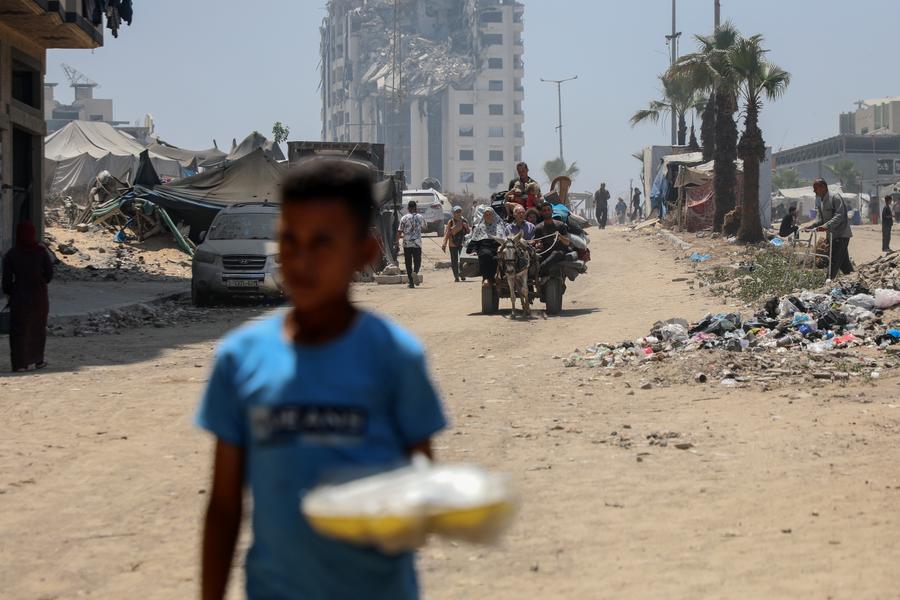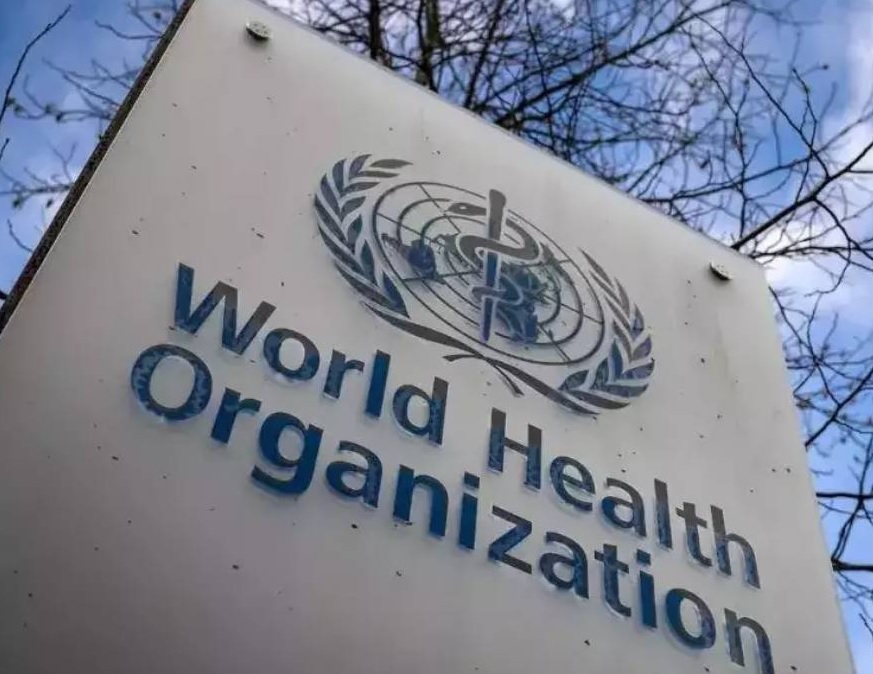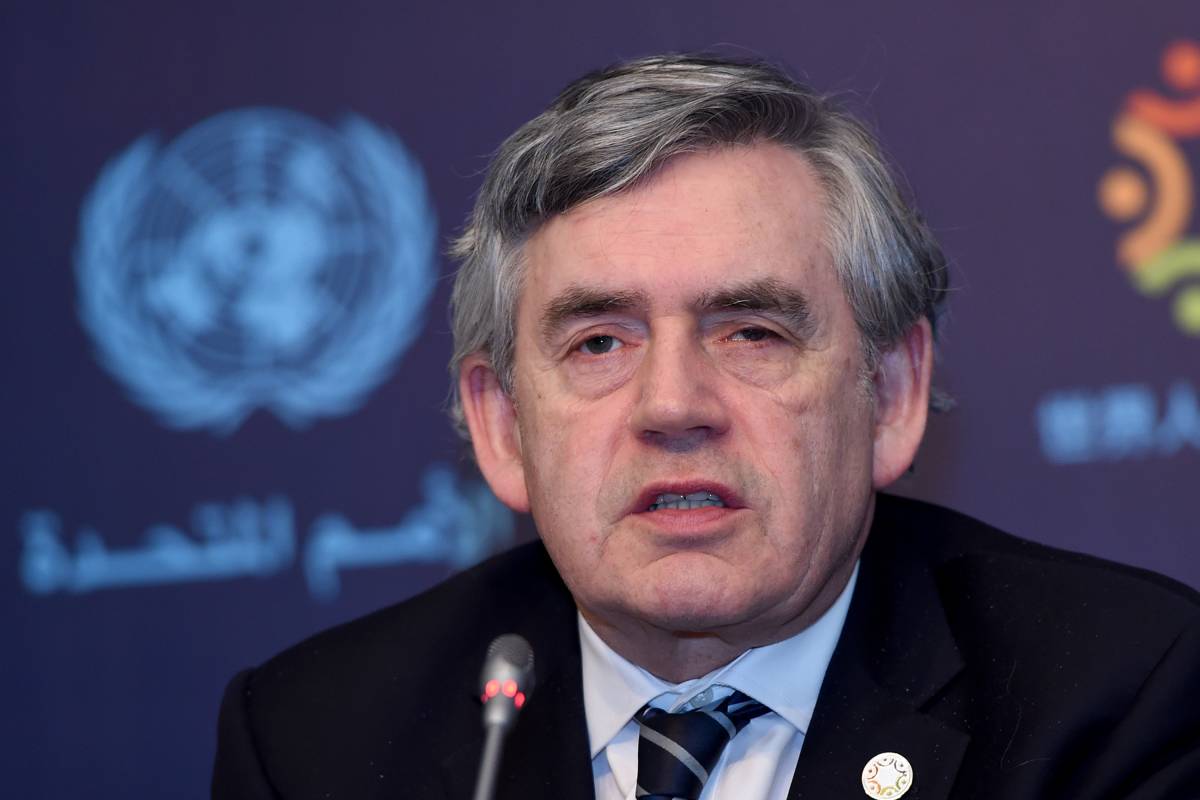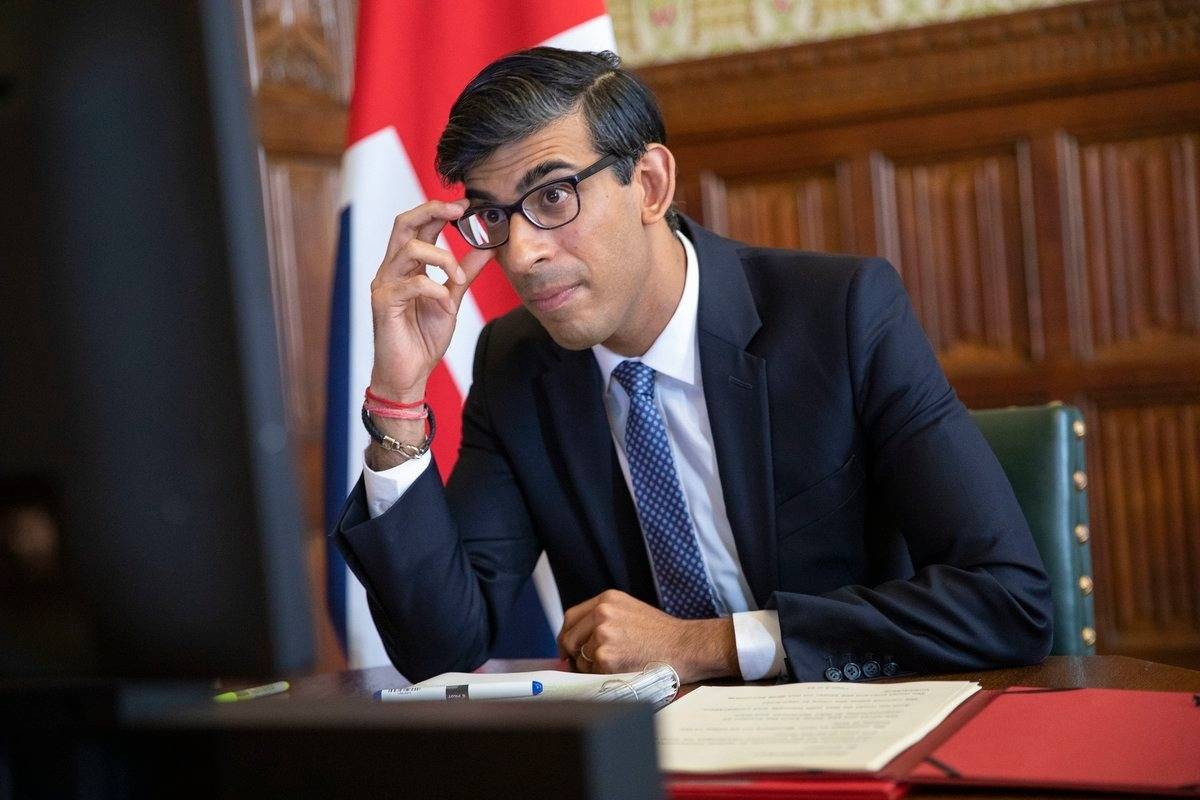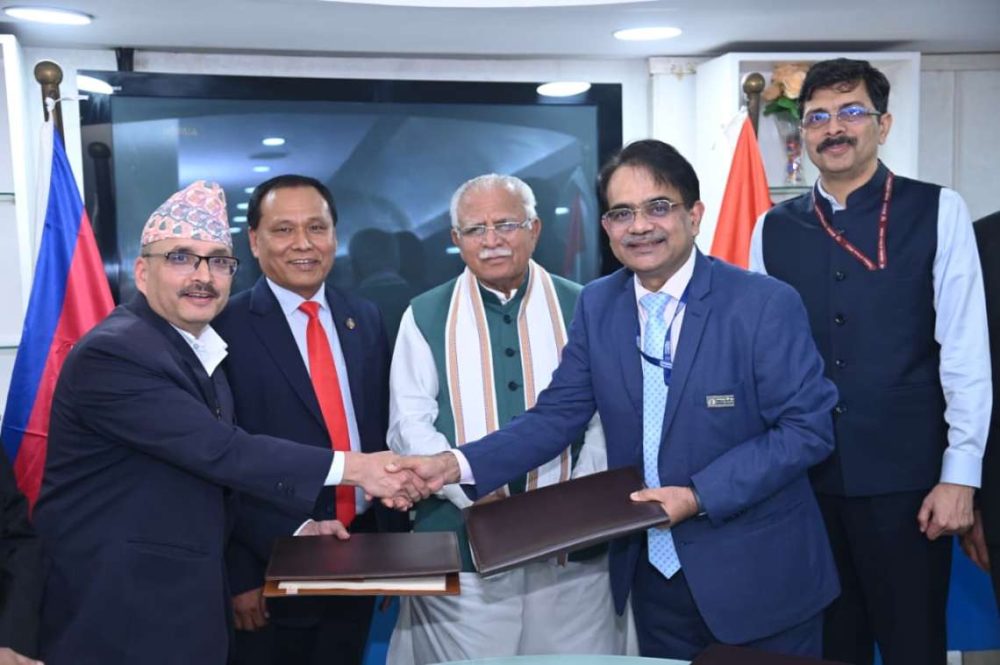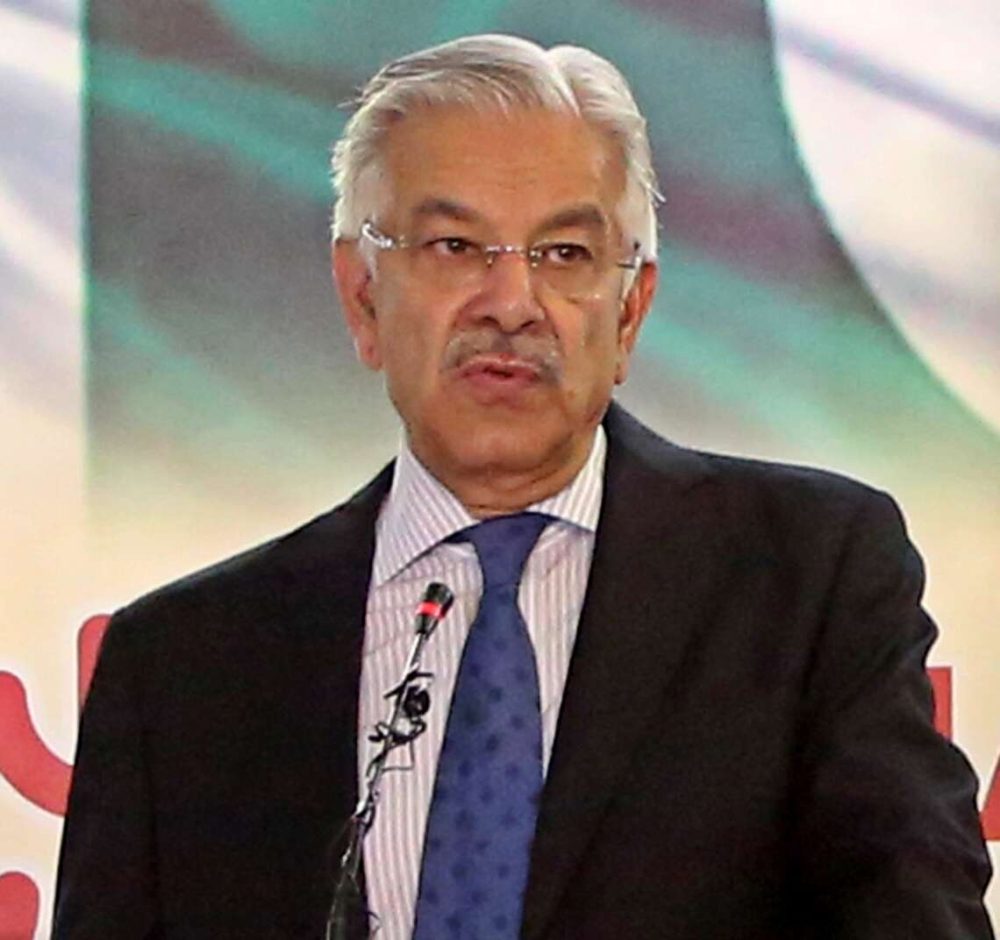WHO said in its weekly epidemiological report that the “overall risk” related to omicron “remains very high.” It cited “consistent evidence” that it has a growth advantage over the delta variant…reports Asian Lite News.
The head of the World Health Organization says he’s worried about the omicron and delta variants of COVID-19 producing a “tsunami” of cases between them
The head of the World Health Organization said Wednesday that he’s worried about the omicron and delta variants of Covid-19 producing a “tsunami” of cases between them, but he’s still hopeful that the world will put the worst of the pandemic behind it in 2022.
Two years after the coronavirus first emerged, top officials with the U.N. health agency cautioned that it’s still too early to be reassured by initial data suggesting that omicron, the latest variant, leads to milder disease. First reported last month in southern Africa, it is already the dominant variant in the United States and parts of Europe.
And after 92 of the WHO’s 194 member countries missed a target to vaccinate 40% of their populations by the end of this year, Director-General Tedros Adhanom Ghebreyesus urged everyone to make a “new year’s resolution” to get behind a campaign to vaccinate 70% of countries’ populations by the beginning of July.
According to WHO’s figures, the number of COVID-19 cases recorded worldwide increased by 11% last week compared with the previous week, with nearly 4.99 million newly reported from Dec. 20-26. New cases in Europe, which accounted for more than half of the total, were up 3% while those in the Americas rose 39% and there was a 7% increase in Africa. The global gain followed a gradual increase since October.
“I’m highly concerned that omicron, being more transmissible (and) circulating at the same time as delta, is leading to a tsunami of cases,” Tedros said at an online news conference. That, he said, will put “immense pressure on exhausted health workers and health systems on the brink of collapse.”
WHO said in its weekly epidemiological report that the “overall risk” related to omicron “remains very high.” It cited “consistent evidence” that it has a growth advantage over the delta variant.
It noted that a decline in case incidence has been seen in South Africa, and that early data from that country, the U.K. and Denmark suggest a reduced risk of hospitalization with omicron, but said that more data is needed.
WHO’s emergencies chief, Dr. Michael Ryan, underlined that note of caution. He said it will be important in coming weeks to “suppress transmission of both variants to the minimum that we can.”
Ryan said that omicron infections began largely among young people, “but what we haven’t seen is the omicron wave fully established in the broader population. And I’m a little nervous to make positive predictions until we see how well the vaccine protection is going to work in those older and more vulnerable populations.”
WHO officials didn’t offer specific comments on decisions by the U.S. and other countries to reduce self-isolation periods. Ryan said “these are judgement calls that countries make”, taking into account scientific, economic and other factors. He noted that the average incubation period to date has been around five to six days.
“We need to be careful about changing tactics and strategies immediately on the basis of what we’re seeing” about omicron, Ryan said.
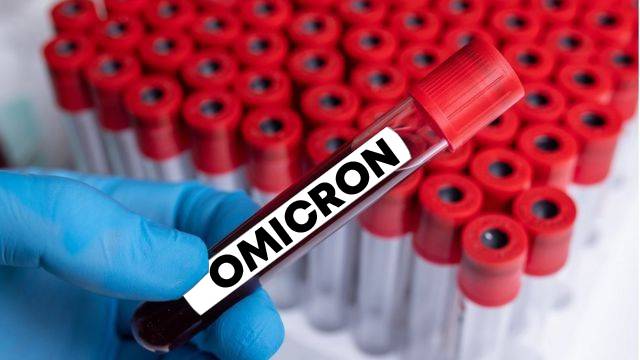
Tedros renewed longstanding warnings that “ending health inequity remains the key to ending the pandemic.” He said that missing the target of getting 40% of populations vaccinated this year “is not only a moral shame, it cost lives and provided the virus with opportunities to circulate unchecked and mutate.”
Countries largely missed the target because of limited supply to low-income nations for most of the year and then vaccines arriving close to their expiry date, without things such as syringes, he said.
All the same, “I still remain optimistic that this can be the year we can not only end the acute stage of the pandemic, but we also chart a path to stronger health security,” Tedros said.
ALSO READ-SPECIAL 2022: UN Chief Urges World To Join Covid Fight


